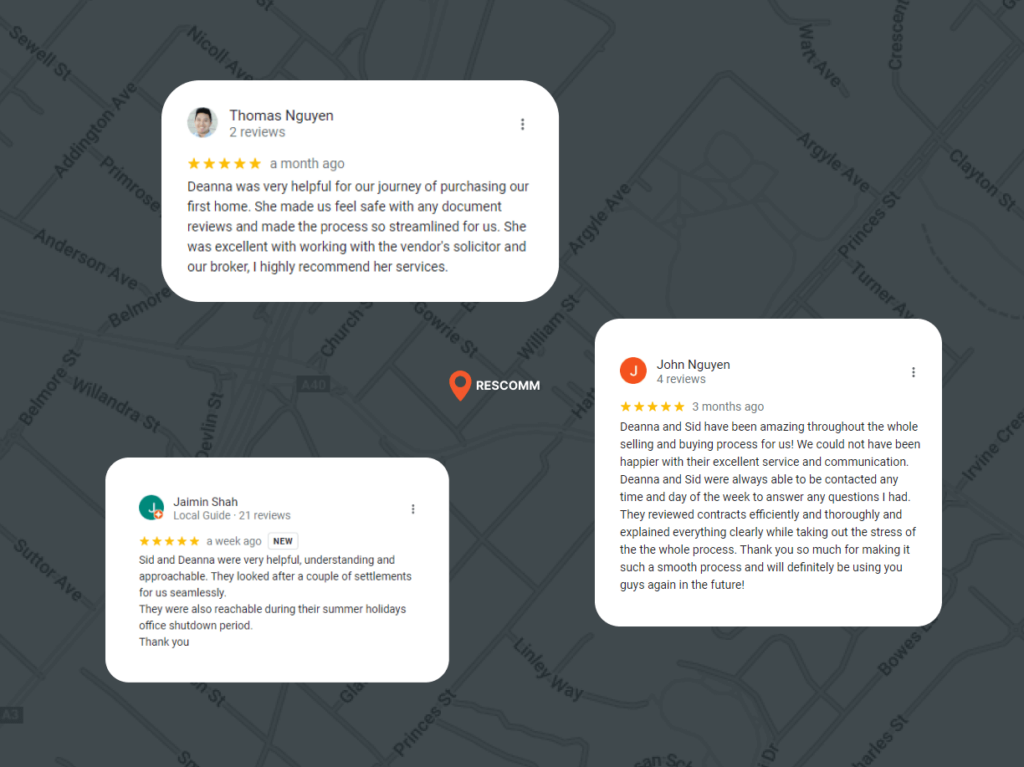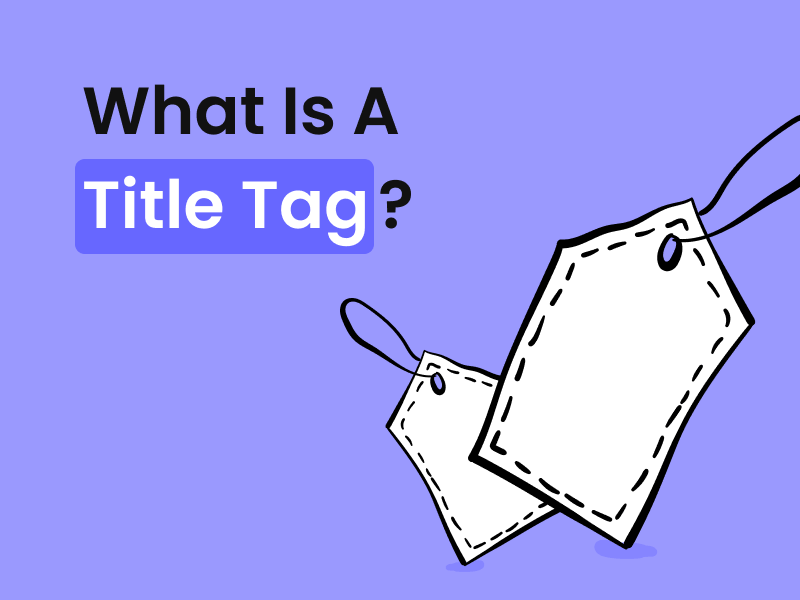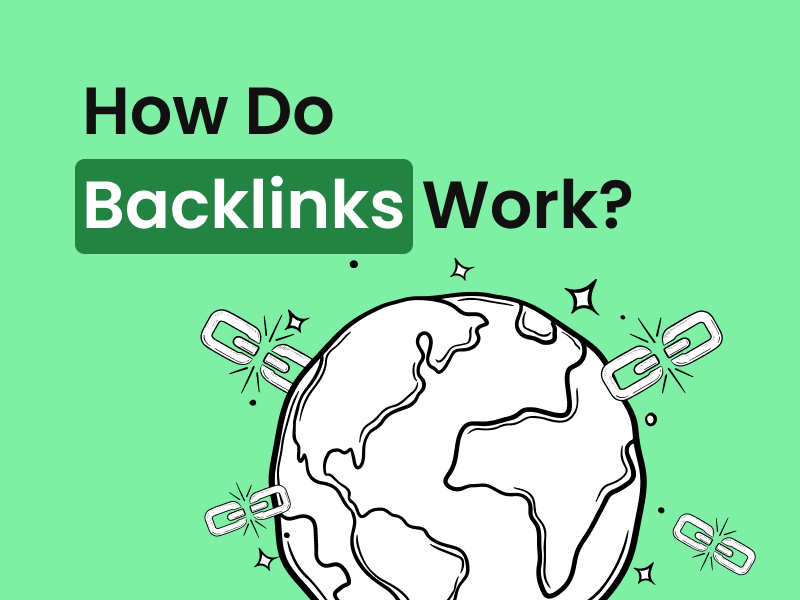Ultimate SEO Guide for Lawyers & Law Firms: Boost Rankings

By Gareth Henry | Last Updated 22 January 2024
Introduction to SEO for Law Firms
Why Investing in SEO is Crucial for Modern Lawyers
In today’s digital world, SEO isn’t just an option for lawyers; it’s a must-have. Getting to grips with SEO can really boost your practice’s online presence. By following SEO best practices, you can leap ahead of your competitors. A smart SEO strategy for your law firm is like carving your name in the digital world, making sure people find you when they need legal help. Effective SEO marketing involves deep keyword research, optimising your website technically, and creating great content. Lawyer-focused SEO services are there to help, offering specialised knowledge that fits the unique needs of legal pros and amps up their online game.

The Evolving Landscape of Digital Marketing for Legal Professionals
The legal field is getting more competitive, especially online. Gone are the days when old-school marketing was enough for a law firm to thrive. Now, people look up legal advice online, so winning in this digital arena is crucial, and that’s where ace SEO marketing comes in. We’re seeing a shift towards content that speaks directly to clients, making websites mobile-friendly, and focusing on a smooth user experience, all driven by savvy SEO tactics. Crafting an SEO strategy is a lot like building a legal case – it needs careful planning and smart execution. Law firms must tune their services to meet what their online audience is looking for to grab and keep their attention.

Essential Strategies for SEO Success in Law Firms
Conducting Comprehensive Keyword Research for Targeted Outreach
To really connect with the people who need your legal services, it’s key to do thorough keyword research. This is at the heart of search engine optimisation and matches up with what your potential clients are searching for.
Tools like Ahrefs or Semrush are brilliant for this, giving you the lowdown on how often people search for certain terms, how tough the competition is, and the finer points of what people really mean when they search. Look for phrases that show someone is ready to hire, like ‘divorce lawyer in [your location].’
These are gold, as they often lead to someone needing a lawyer ASAP. It’s about finding the right balance with keywords – ones that are popular but not so competitive that you can’t rank well in search results.

On-Page Optimisation: Beyond Just Keywords
On-page optimisation is about fine-tuning your website so it appeals to both search engines and potential clients. Keywords are important, but there’s a lot more to it. Your website’s structure, like its URL setup and how your pages are organised, needs to be clear for both people and search engine bots.
Title Tags and Meta Descriptions: Your title tags and meta descriptions should be catchy and include your main keywords – they’re often the first thing people see in search results.
Header Tags (H1, H2, H3): Use header tags (H1, H2, H3) to structure your content, making it easier to read and helping search engines understand your main points.
Content Quality: Quality content, like in-depth posts on new legal rulings, establishes your authority and helps build a solid website reputation. It should be clear, informative, and answer your audience’s legal questions.
User Experience (UX): A great user experience – think eye-catching visuals, easy navigation, and quick loading – keeps visitors on your site longer, which is good for your search rankings.
Image Alt Text: Don’t forget to accurately describe your images for screen readers and search engines. This not only boosts your SEO but is also inclusive.
On-page SEO isn’t a one-time thing; it needs regular updates to keep up with new trends and changes in algorithms. Regular SEO audits are a good way to make sure you’re on track.

Building a Strong Foundation with Technical SEO
Ensuring Site Health and Fast Loading Speeds
Making sure your law firm’s website is in tip-top shape with fast loading times is crucial not just for SEO, but also for keeping users happy. Google says more than half the people leave a site if it takes longer than 3 seconds to load [1]. So, speed is a must-have, not just a nice-to-have, for law firms wanting to grab and keep potential clients’ attention. The choice of web host is a big deal here; pick one that offers top-notch performance.
Site Health Tips:
- Regular Checks: Keep an eye on your site with frequent audits. Fix broken links, update old content, and sort out any other issues that could slow things down. Tools like Google Search Console are great for this.
- Use Caching: Caching saves data so returning visitors can load your site faster.
- Quality Hosting: Don’t skimp on hosting. Cheaper options can mean slower load times and more website crashes.
Ways To Speed Up Your Site:
- Optimise Images: Keep images small (under 100KB) and use JPGs where possible, as they usually load faster.
- Minimise HTTP Requests: Reduce the number of scripts, images, and other elements that need an HTTP request.
- Tidy Code: Clean, organised, and minimal code loads quicker and is easier to manage. It also makes your site easier to update.
A healthy, fast-loading website is good for search engines and makes life smoother for potential clients, who might be stressed and looking for quick legal help.

Mobile Optimisation: Essential for Client Acquisition
With over half of internet traffic now from mobile devices [2], having a mobile-friendly website is essential for attracting clients. A site that works well on mobile means users can read and navigate easily, no matter their device’s screen size.
Why Mobile Matters:
- Better User Experience: A mobile optimised site is easy to use on any device, users can easily read text, click buttons, and navigate your site without tedious zooming and scrolling.
- Better for SEO: Google and other search engines prefer mobile-friendly sites and use it as a factor when ranking search results.
- More Conversions: People are more likely to get in touch or take action on a site that’s easy to use on their phone.
Key Mobile Features:
- Responsive Design: Your site should adjust smoothly to any screen size.
- Easy-to-Use Navigation: Make sure buttons and links are big enough to tap with a finger.
- Fast Load Times: Mobile users expect quick loading, so optimise images and use browser caching.
Optimising for mobile means you’re meeting potential clients wherever they are. And while mobile is important, don’t forget about your desktop site as part of your overall SEO strategy.

Content Marketing: Attracting Clients with Authority and Expertise
Crafting High-Quality, Relevant Legal Content
Creating top-notch, relevant content is vital for a law firm’s online presence. Using clear subheadings makes it easier for clients to understand complex legal info. Writing with authority and trust not only draws in clients but also sets your firm apart as a leader in the legal world.
How to Create Engaging Content:
Meet Client Needs: Know what issues your clients face and offer clear, helpful advice. Using these points in your subheadings can directly address your audience’s needs, building trust and connection.
Detailed Analysis: Give more than just basic tips. Provide deep insights that show off your legal know-how.
Credibility: Support your points with case studies, legal precedents, and reliable data. Using subheadings to organise this info not only helps with SEO but also strengthens your firm’s credibility.
Readable and Accessible: Legal terms can be confusing. Aim for clear and easy-to-understand writing, using subheadings as guides.
Stay Current: Talk about recent legal updates or hot topics. Use subheadings to highlight the urgency of these issues.
Great content attracts clients and is crucial for your firm’s online success. Including clear subheadings makes it even more effective. It’s about being both visible and valuable.

Utilising Blogs to Address Client Questions and Concerns
Blogs are great for answering client questions and boosting your SEO. Stick to Google’s SEO rules, like optimising header tags and image alt text, to improve your website’s SEO performance.
Tips for Great Blog Posts:
- Answer Common Questions: Write about questions clients often ask. This helps readers and saves you time, fitting nicely with SEO best practices for site structure and URLs.
- Share Legal Insights: Explain tricky legal concepts in simple terms, discuss recent legal news, or share useful tips. Linking to authoritative sources can boost your SEO and show off your expertise.
- Post Regularly: Keep your blog updated. This tells search engines your site is active and valuable, which can boost your visibility.
- Include Keywords: Include relevant keywords to improve visibility, but don’t overdo it. Keep a natural tone while being SEO-smart.
- Encourage Engagement: End your posts with a call-to-action, inviting readers to get in touch or share their thoughts. This can increase engagement and help with on-page SEO.
By crafting blog content that addresses client questions, your law firm can become a go-to source for legal info and improve SEO. Using SEO tactics like smart keyword use and helpful linking will make your firm easier to find online.

Local SEO: Making Your Law Firm Visible in the Community
Optimising Your Google Business Profile for Maximum Impact
Optimising your Google Business Profile (formerly Google My Business) is a big deal for local SEO. For law firms, it can make the difference between getting lost in the crowd and really standing out. A well-managed profile can turn online searches into real clients.
Key GBP Tips:
Get the Basics Right: Make sure your firm’s name, address, phone number, hours, website, and services are accurate and detailed. This info should be the same across your website and other directories.
Stay Active: Share news, articles, and events on your GBP profile to keep it fresh and visible.
Add Photos and Videos: Professional pictures and videos of your firm and team can boost engagement and trust.
Manage Reviews: Encourage happy clients to leave reviews and respond to them. Positive reviews can sway potential clients and improve your ranking in local search and Google Maps.
Use the Q&A Section: Answer common questions in advance in your GBP profile. This is a great way to give quick info to potential clients.
A strong GBP profile not only shows off your firm to potential clients but also gives them a good overview of your business.
We go into more detail in our blog post: What is Local SEO and How Does it Work? A Comprehensive Guide to Local Search in 2024

Navigating Local Search Rankings with Citations and Reviews
To really stand out in local searches, you need a mix of citations and reviews, and using Google Ads can give you an extra edge.
Citations: These are online mentions of your business, including your name, address, phone number, and website. Keeping these details consistent helps search engines trust your firm, boosting your local SEO. Get listed on big aggregators like Foursquare, Yelp, and Bing Places, and legal directories and pair this with Google Ads to increase your reach.
Reviews: Good reviews can really improve your position in local searches. They show you have a strong track record and are trusted by clients.
- Encourage clients to leave positive reviews and show them off on your website.
- Respond to all reviews, good or bad, to show you’re engaged and care about client satisfaction.
- Combine this with Google Ads to highlight your reviews to a wider audience.
Managing your citations and reviews well can lead to better search rankings and more clients. Adding Google Ads into the mix can double the benefits, helping you get even more visibility.

Backlinks: Earning Trust through Quality Referrals
The Power of Authoritative Link Building for Lawyers
Building strong backlinks is key for lawyers to show they’re credible online. High-quality backlinks prove your website’s worth and are vital for SEO, helping you rank better in search engines. Getting backlinks from well-known and respected sites tells search engines your site is valuable, boosting your visibility.
Top Link Building Strategies:
- Connect with Legal Institutions: Link up with law schools, associations, and courts to get .edu and .gov backlinks, which are great for SEO.
- Create Great Content: Write top-notch legal guides, case studies, or white papers that reputable sites will want to link to.
- Guest Blogging: Write articles for well-known legal blogs or news sites. Having a simple domain name helps make sharing your articles easier.
- Legal Directories: Make sure your firm is listed in leading legal directories that give backlinks with strong domain authority.
- Public Speaking and Events: Speaking at legal seminars and events can lead to high-quality backlinks.
While having lots of links used to be important, now it’s all about quality. One good backlink can be more valuable than many low-quality ones. So, lawyers should focus on getting top-notch backlinks to improve their SEO and professional image.

Avoiding Common Pitfalls in Link Acquisition
When building links for your law firm’s SEO, avoid these common mistakes that can lead to Google penalties and hurt your efforts:
- Don’t Buy Backlinks: Buying links is against Google’s rules and can lead to big penalties.
- Avoid Link Exchanges: These can do more harm than good, as Google can spot and penalise unnatural linking.
- Be Careful with Keyword-Rich Anchor Text: Using too many keyword-heavy links can make your site look spammy, so vary your anchor text.
- Say No to Low-Quality Links: Links from spammy or irrelevant sites can harm your reputation and SEO. Aim for high-quality, relevant links.
- Don’t Ignore NoFollow Links: While they don’t boost SEO directly, NoFollow links are important for a balanced backlink profile, adding to your site’s legitimacy.
By steering clear of these errors and sticking to Google’s SEO rules, your law firm can build a strong, reputable online presence. This is key for growing your client base through trustworthy and authoritative digital marketing.

The Role of Social Media in Enhancing SEO Efforts
Developing a Cohesive Social Media Strategy to Support SEO
Creating a solid social media strategy is key for law firms to boost their SEO. It helps increase your online presence and builds strong connections with your audience. A good social media plan can spread your content further, get more people engaged, and indirectly lift your search rankings by making your brand more known and driving traffic to your website.
Key Parts of a Good Social Media Strategy:
- Choose the Right Platforms: Pick platforms where your potential clients hang out. LinkedIn is great for professional networking, X (formerly known as Twitter) for quick legal updates, and Facebook for connecting with the wider community. This forms a strong base for your SEO.
- Keep Your Brand Consistent: Make sure your firm’s look and feel are the same across all social media. This helps people recognise your content instantly, supporting your SEO.
- Share Valuable Content: The heart of any SEO effort is good content. Share things that meet your audience’s legal needs and show off your expertise.
- Be Active and Engage: Talk to your followers and join in on conversations. Building relationships and trust is priceless for an SEO plan that really connects with people.
- Track Your Performance: Regularly check how well your social media is doing. This helps you see what works best and tweak your strategy to match what your audience likes.
While social media doesn’t directly affect rankings, its role in making your brand more visible and spreading your content can’t be ignored in your overall SEO plan.

Engaging with Potential Clients on Platforms They Frequent
Meeting potential clients on social media means being where they are online. For law firms, this approach, combined with strong law SEO, can really up your visibility on search engines. By sharing your knowledge and chatting in real time, you can get more people to visit your website. Here’s how to engage effectively on social media:
- Listen and Learn: Keep an eye on legal discussions online. Share content that shows your expertise, helping draw in organic traffic because you’re relevant in your field.
- Use Social Media Ads: Targeted ads can help you reach potential clients based on their interests, boosting your brand recognition and, in turn, organic traffic.
- Interactive Content: Get people involved with polls, Q&A sessions, or live streams. This can increase traffic as more users find your engaging content via search engines.
- Personalise Your Approach: Tailoring your social media interactions can improve the user experience, potentially leading to more website visits and recommendations.
By reaching out to clients, not just waiting for them, you make your firm more appealing. Using these social media tactics can significantly boost your online presence and traffic, leading to more opportunities for your firm.

Frequently Asked Questions
How Long Does It Typically Take to See SEO Results for Law Firms?
Well, it depends on a few things, but usually, you might notice some changes within six to nine months. For newer websites or those not well known online, it could take more than a year to really get going. This time is needed to create content, get backlinks, and let your SEO efforts develop. Sticking with it and continuously optimising is crucial to get and keep the results you want.
Can Law Firms Handle SEO Internally or Should They Hire Experts?
Law firms can manage their own SEO if they have staff who know their stuff, but often it’s better to bring in specialists. SEO is complex and always changing, so you really need to know what you’re doing. While some firms try to handle it themselves, keeping up with best practices and updates can be tough.
How Much Budget Should a Law Firm Allocate for SEO?
The amount varies based on the firm’s size, how competitive their market is, and their specific goals. Generally, firms might spend from a few hundred to several thousand dollars each month. It’s important to see SEO as a long-term thing; set a budget that allows for ongoing efforts over time to get the best results.
Sources
[1] Google: https://blog.google/products/admanager/the-need-for-mobile-speed/
[2] Statista: https://www.statista.com/statistics/430830/share-of-mobile-internet-traffic-countries/
Disclaimer
Some of the links in this post are affiliate links. This means if you click on the link and purchase the service, we may receive an affiliate commission at no extra cost to you. Rest assured, we only recommend products we believe will add value to our readers.
Submit An App
Seen a cool app you think we should review? Submit your recommendation using our form.


